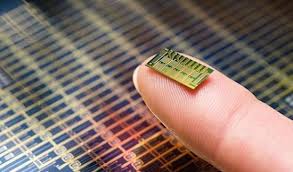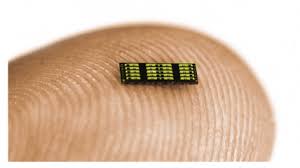Synthetic nano sensors; LOC nano chip and nano electronics based on nano-doctorate gas sensors
Author and Researcher: Engineer Afshin Rashid
Note: These synthetic nanosensors and gaseous nanosensors are produced by attaching specific particles to the ends of carbon nanotubes and calculating the vibrational frequency in the presence or absence of particles.
These nanosensors are often used to detect and control chemical reactions by nanoparticles. Manufacturing of gas nanosensors has been a notable topic in recent decades due to its many applications in various food, chemical, health, military and even space research industries. Fatal gas leakage is one of the everyday dangers of industrial life. Unfortunately, alarms in the industry are often too late to detect such leaks. Examples of these sensors are made of single-nanometer-sized nanotubes, which can absorb toxic gas molecules. They are also capable of detecting a small number of deadly gas molecules in the environment. Such gas sensors have been successfully tested to detect ammonia and nitrogen dioxide gases, which are toxic gases.
Metal oxide nanosensors have attracted much attention in the area of basic and applied sciences. These sensors are mainly made of metal oxide semiconductors such as tin nano oxide, zinc nano oxide and copper nano oxide. The experimental sample of these sensors has been able to detect ammonia and nitrogen dioxide molecules at a concentration of 20 ppm (01 part per million part). These sensors will be used to detect when bio-chemical gases, air pollutants and even organic molecules in space
Synthetic nano-sensors and LOC nano chips in agriculture and medicine
Using these sensors it is possible to detect very small amounts of chemical or virus and bacterial contamination in agricultural and food and medical systems. Among these sensors are nanowire-based sensors that detect radiation damage in the medical and laboratory industries. These nanosensors are embedded in blood cells. Also, the chip lab (LOC) is a device consisting of one or more lab operators on a chip measuring millimeters or centimeters square and dealing with very small volumes of fluid and information.
We can give many examples from one sample



